I was window-watching with my wife on Netflix looking for something to watch when Adolescence came up.
I thought it was a crime drama or thriller… involving a young boy as the killer? And it’s got Dushane from Top Boy in it? Press play, honey.
What I didn’t expect was a deeply engrossing (each episode is shot single-take à la 1917) depiction of how a young boy could be seduced by radical misogyny into killing his classmate, and the hard-to-digest food for thought on how families and communities are failing young boys and men who are falling prey to dangerous rhetoric and communities from the manosphere.
Christian parents and communities must play their roles in shepherding the next generation through an age of digital danger.
What even is a “manosphere”, you ask? This really useful ST article about the manosphere and its terminologies describes it as “a loose collection of online anti-feminist and misogynistic communities” which can include incels (involuntarily celibate) and other related groups. (You can check that piece out because it’s a fascinating read that talks about terms like “red-pill” and how we often end up using coded language without being aware of their etymology.)
I’ll be talking about something else in this piece – why Christian parents and communities must play their roles in shepherding the next generation through an age of digital danger.
You won’t believe it
Adolescence begins with the police raiding the Miller household to arrest an innocent-looking 13-year-old (Jamie Miller) on suspicion of murder.
It’s chaotic and stressful, and because it’s all shot in a single take, the viewer has no escape from this harrowing hour and even begins to empathise with young Jamie Miller, who was so terrified during the raid that he wet himself.
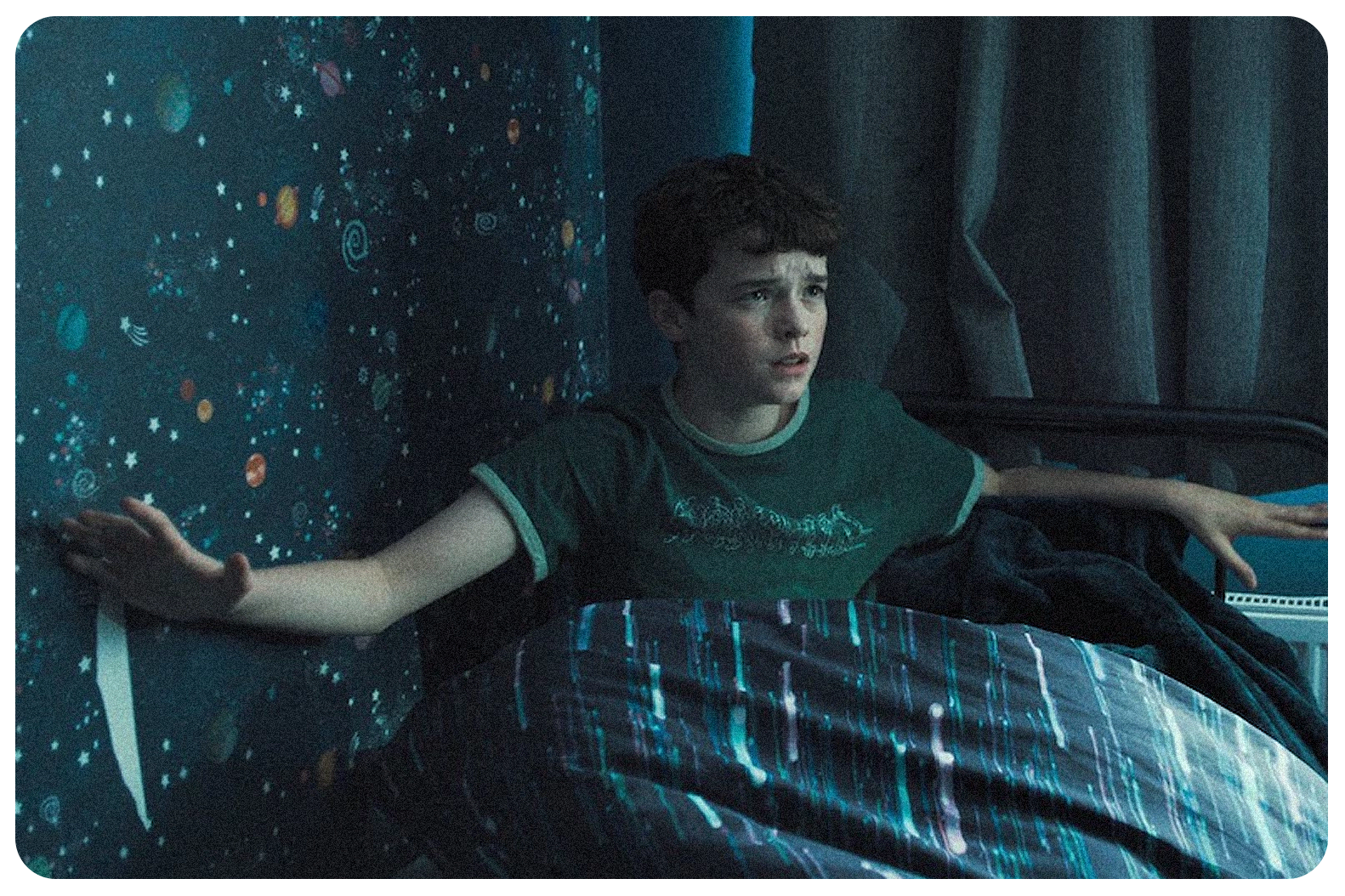
Once in the police station, Jamie is privileged to be able to call upon his dad, Eddie, to be his “appropriate adult”.
Through the course of the questioning, the veneer of Jamie’s innocence begins to crack as Detective Inspector Luke Bascombe and Detective Sergeant Misha Frank discuss Jamie’s sexually explicit and misogynistic comments made towards female models on Instagram.
Jamie also lets something slip when questioned about Katie by asking if she’s dead.
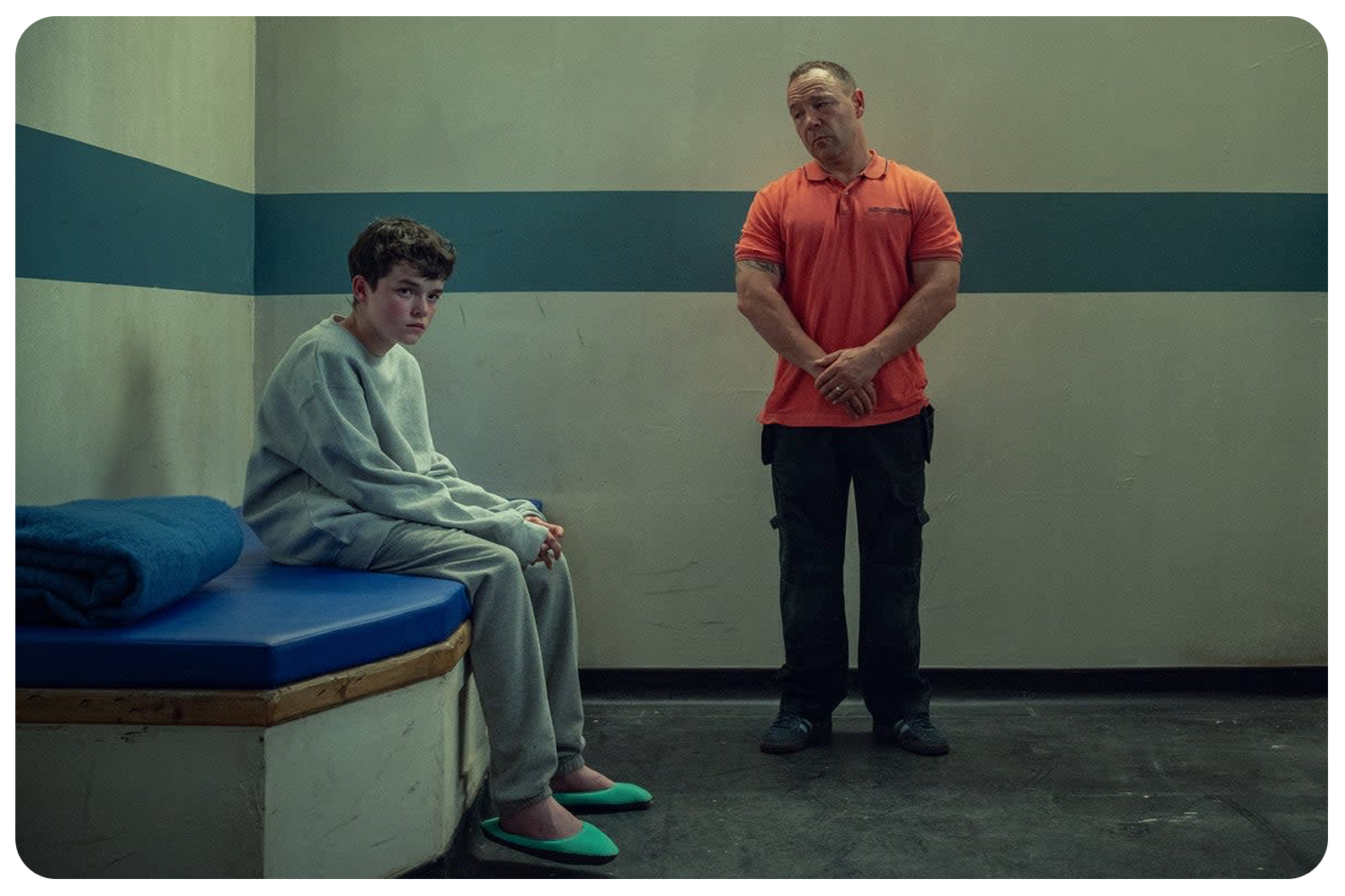
Before the questioning, both father and son had a private man-to-man conversation about the truth.
Jamie promised Eddie he did not do it, and he said it so convincingly that I actually found myself believing him… right until DI Bascombe and DS Frank play CCTV footage of Jamie running up to Katie Leonard and stabbing her seven times in a carpark.
And even then, like Eddie, I didn’t want to believe it. Shocked to my socks, I wondered whether Jamie had somehow been framed!
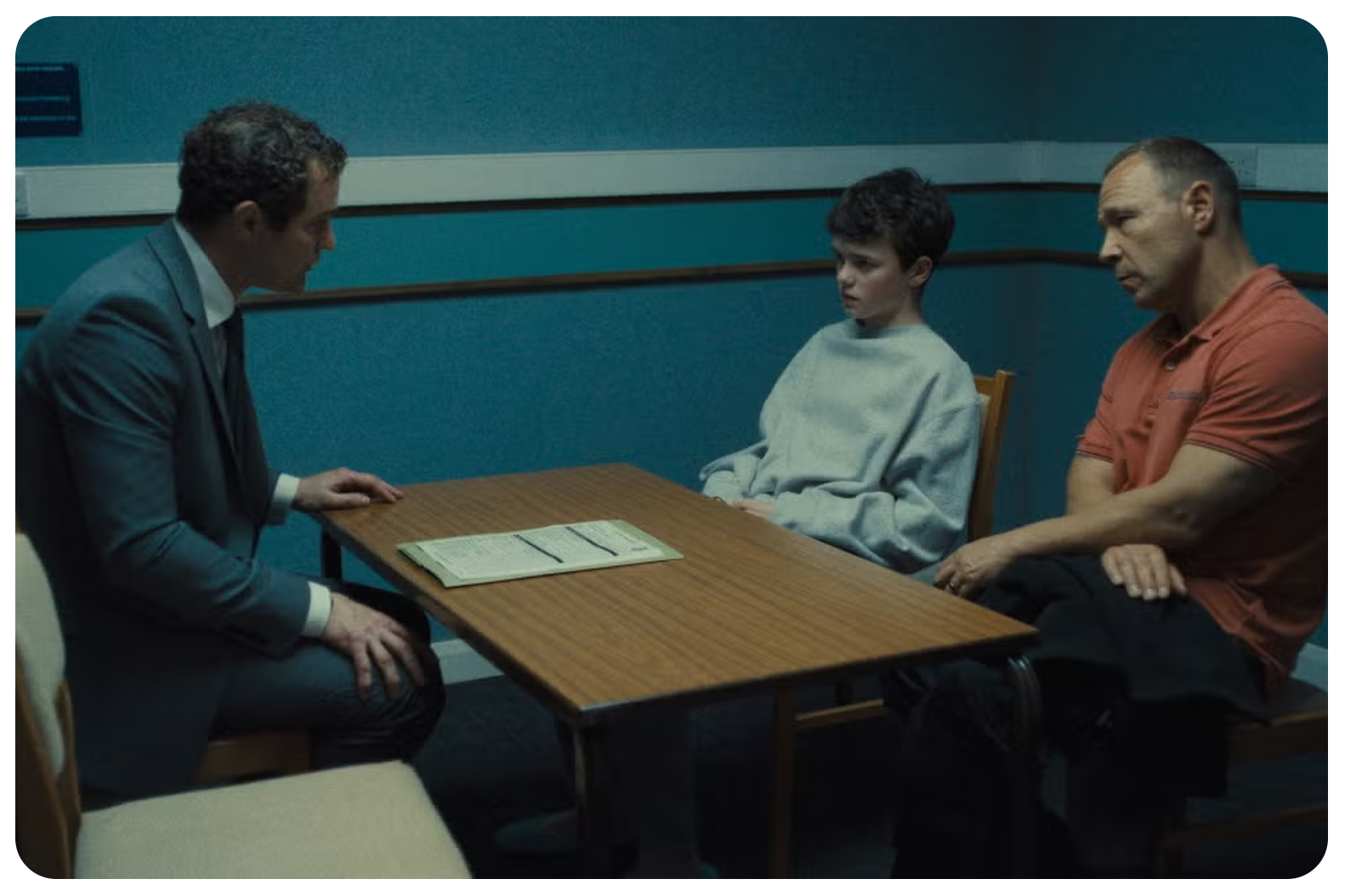
For me, that’s the message at this first episode’s core: You won’t believe it. You won’t believe what kids get up to when left to their own devices.
In my time, all it took was a few bad friends and a few misguided clicks that got a whole classroom of boys looking at pictures of gore.
We weren’t supposed to know bodies could contort or be mangled like that when bad things happened to people… we could and should have gone our whole lives without seeing those things.
Back then, you at least had to wait for Thursday morning to come around so you could go to a computer lab with the boys to have your innocence shattered. But now, you can corrupt yourself instantly within just a few clicks on a social media or messaging app.
Just as Adolescence depicts it, we live in a time of digital danger. But the answer against this danger cannot be resignation or denial – we have to defend and disciple.
Parenting involves protecting and processing
“He never left his room. He’d come home, slam the door, straight up the stairs, on the computer…”
“We couldn’t do nothin’ about that. All kids are like that, aren’t they? You know, you don’t know what they’re watching in their room, love.”
In a conversation they must have had a thousand times about Jamie’s radicalisation, Eddie tries to assuage the guilt of his wife, Manda, saying: “You can’t keep an eye on them all the time, love. You just can’t.”
Eddie’s right that total protection from such influences is just not possible, but what both parents missed is the need to have walked more closely with Jamie through life, and the importance of processing together the ideas and content he encountered online.
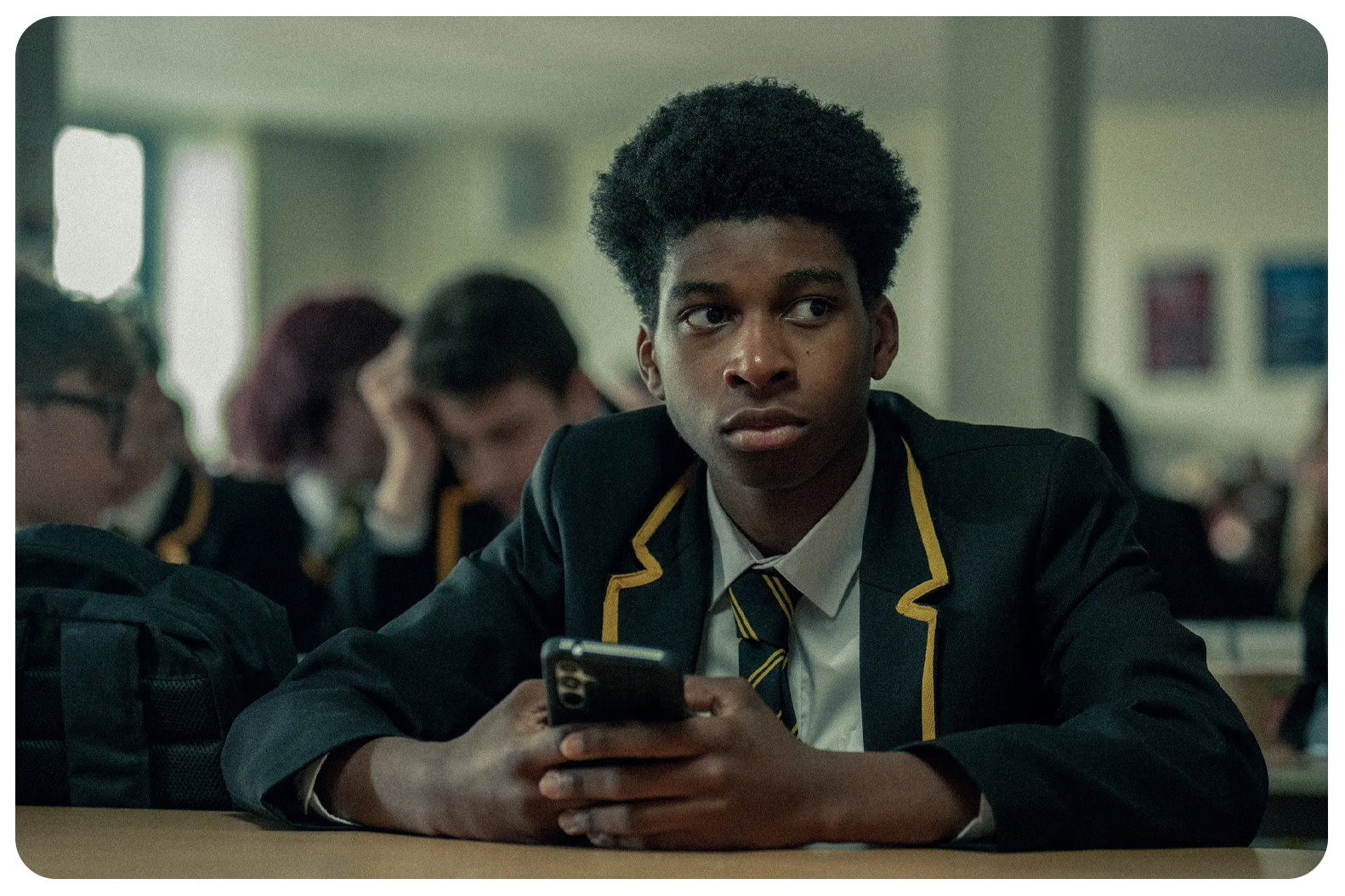
“Fathers, do not exasperate your children; instead, bring them up in the training and instruction of the Lord.” (Ephesians 6:2)
In the last episode, Eddie and Manda reminisce about Jamie’s childhood. Eddie talks about his shame-laden attempts to get Jamie involved in football and boxing to “toughen him up” (conceivably as a response to Jamie being bullied, if Eddie knew about that).
We also get a possible picture of Jamie retreating further into himself, drawing for hours and hours downstairs before eventually stopping, trading that hobby for a computer fully-equipped to enable escapism.
… it’s not enough to give our sons experiences, or shove them into culture’s mould of manliness, when what they need is the love of their parents who instruct, discipline and guide them in the way they should go.
None of those hobbies are bad things per se, and I think Eddie tried his hardest for Jamie until he got too busy with the plumbing business.
But it’s not enough to give our sons experiences, or shove them into culture’s mould of manliness, when what they need is the love of their parents who instruct, discipline and guide them in the way they should go.
What children need is parenting.
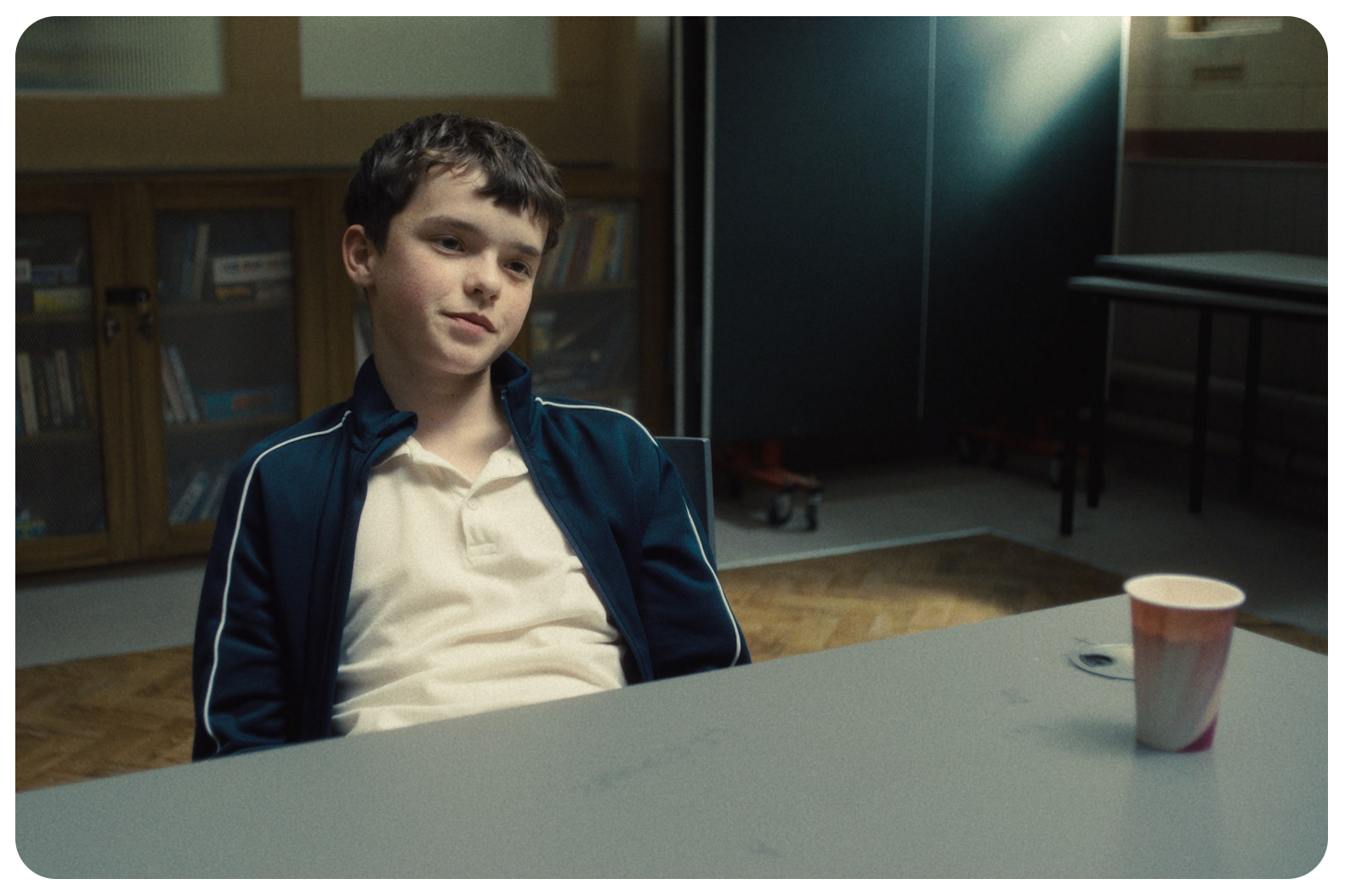
Speaking as a guy, a desire for clarity is hard-wired into my nature.
I can imagine Jamie’s frustration at being conventionally unmasculine, his shame at being rebuffed romantically and his anger at being cyberbullied by his peers.
When you’ve got big emotions and horrible canon events happening to you like that – with neither a meaningful outlet nor explanation for all of it – anything that could give you a reason why or a way out becomes appealing.
Unfortunately for Jamie, he came across a radical ideology online that offered a “clarity” which turned out to be toxic and deadly (and that was left undiscovered and unchallenged).
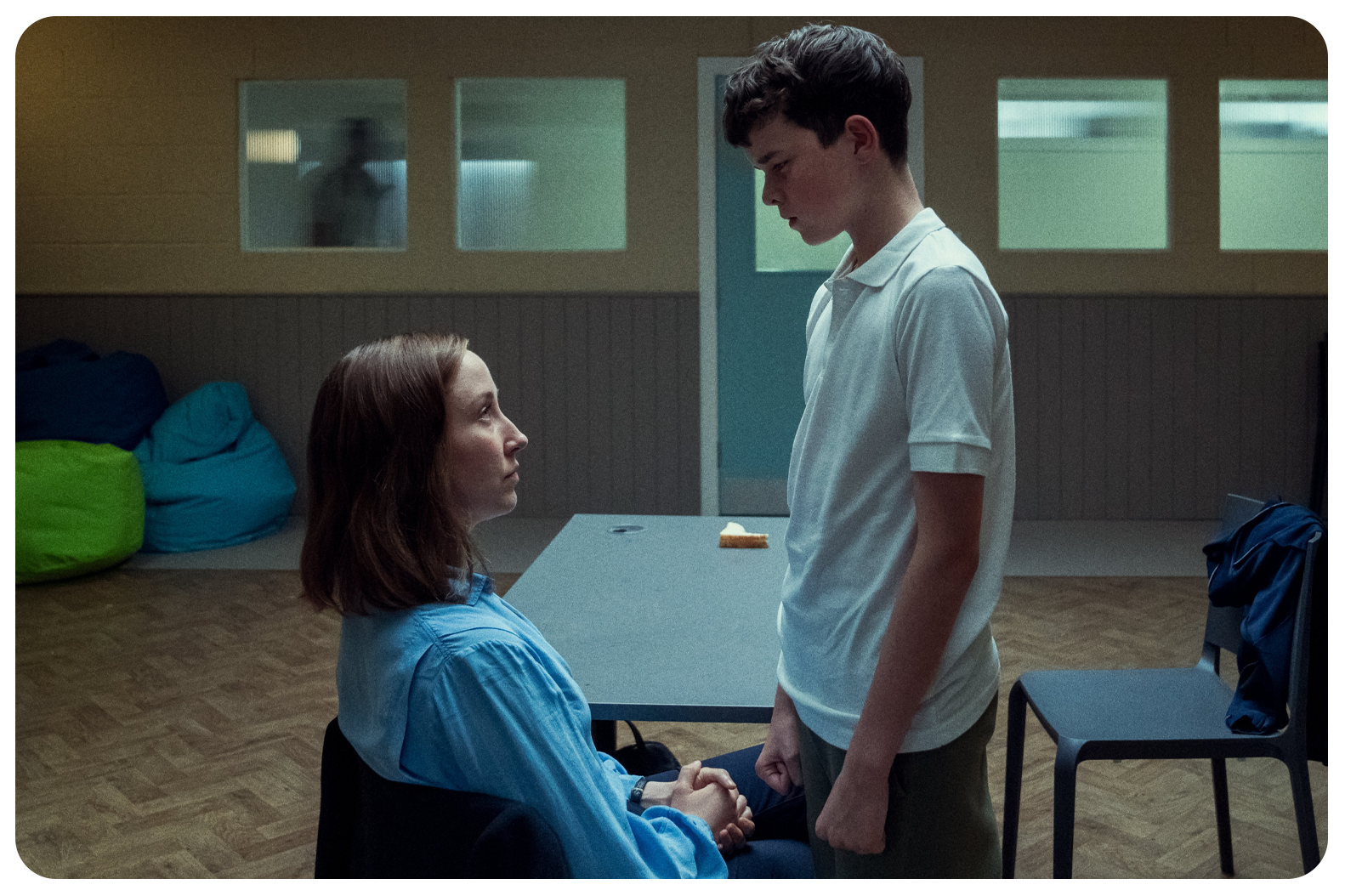
We’ve heard it before, or at least a variant of it, but this familiar adage rings true: If we don’t disciple them, someone else will.
Along the way, Eddie and Manda lost their access to the broken part of Jamie’s life where the darkness was growing. For busyness and other reasons, they gave up the keys to this room in his life in which they could challenge and raise him to discern between right and wrong, truth and lie.
We must not lose the ability or space to speak into our children’s lives and guide them in the way they should go, because the Tates of this world are prowling for any influence they might wield in impressionable minds.
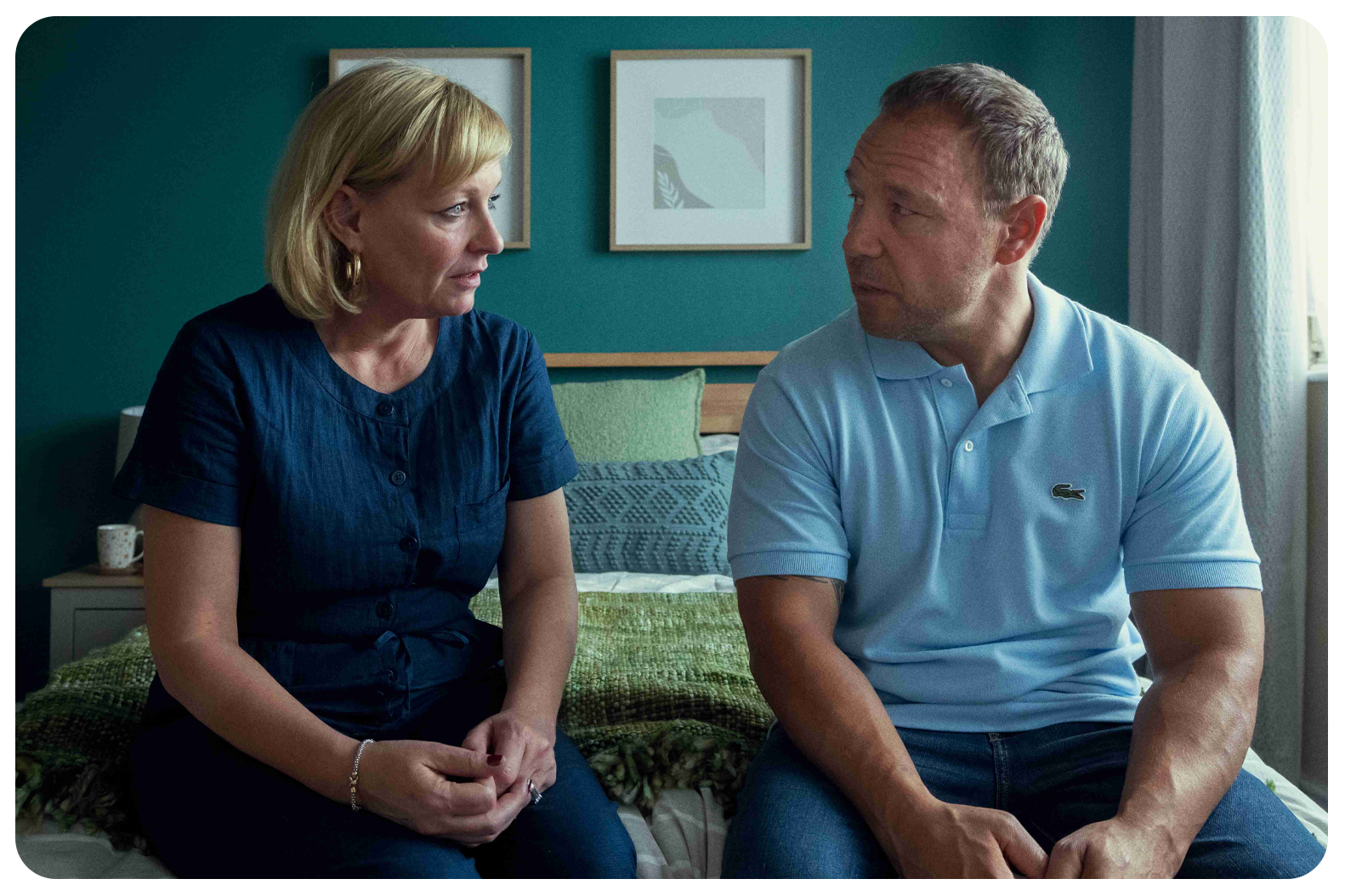
It may be tempting to think that as long as we satisfy our children’s immediate needs and that they look generally “okay”, discipleship or deeper things are a plus.
Adolescence reveals a modern horror in showing that the opposite could not be more true; just because a child is in the house doesn’t mean he’s safe. You cannot leave children to their devices, literally.
Instead, parents need to be:
- Actively discipling their children to follow God
- In touch, daily, with what their children are going through (fears, failures, joys and dreams)
- Aware and in control of what their children are consuming online
- Aware of who their children’s friends are
- Cultivating a safe space where they can share freely and regularly
It takes a village
But the thing is, unless your official title at work is “Father God”, you are bound to fall short of all the ideal should-dos as a parent. All that stuff above isn’t even exhaustive. Earthly parents, just like Eddie and Manda, cannot catch everything.
What should fill in the gaps and cracks then, are the support structures within a young man’s life like teachers, church leaders, cell group, spiritual friends and most importantly, the grace of God.
There will surely be more examples but these structures are some of the ones that benefited me greatly. Having older spiritual fathers speak truth into my life, correcting me where necessary, helping me through tough moments where I faced them – that made an incalculable difference in my journey.
I’ve found accountability in groups like this; tips on emotional regulation and deescalation; a judgment-free zone to say what I really feel and also to clarify and debunk nonsense that we see on the internet. Not everyone has that, but they really should – I think that gives you a better chance of making a Lisa Miller over a Jamie Miller.
So even if we are not parents, we can serve believers younger than us by adorning their lives with spiritual wisdom, biblical perspectives and godly advice. This is meaningful and mature spiritual community, caring for those younger ones that God has placed in our vicinity. It is doing the same work of discipleship for someone else, just as a spiritual father or shepherd did for you.
So, start by asking God how you might serve in this regard, your church will also most likely have opportunities available. That said, these cannot not replace the work of parenting – this belongs to a person’s mother and father – but they supplement it.
Adolescence‘s last scene ends with Eddie weeping alone in Jamie’s untouched room, which feels like a graveyard of innocence.
Heartrendingly, he tucks in Jamie’s teddybear and kisses it on the forehead, much as if it were Jamie himself. “I’m sorry, son,” says Eddie.
In this painful act of closure, Eddie apologises for his failures as Jamie’s dad.
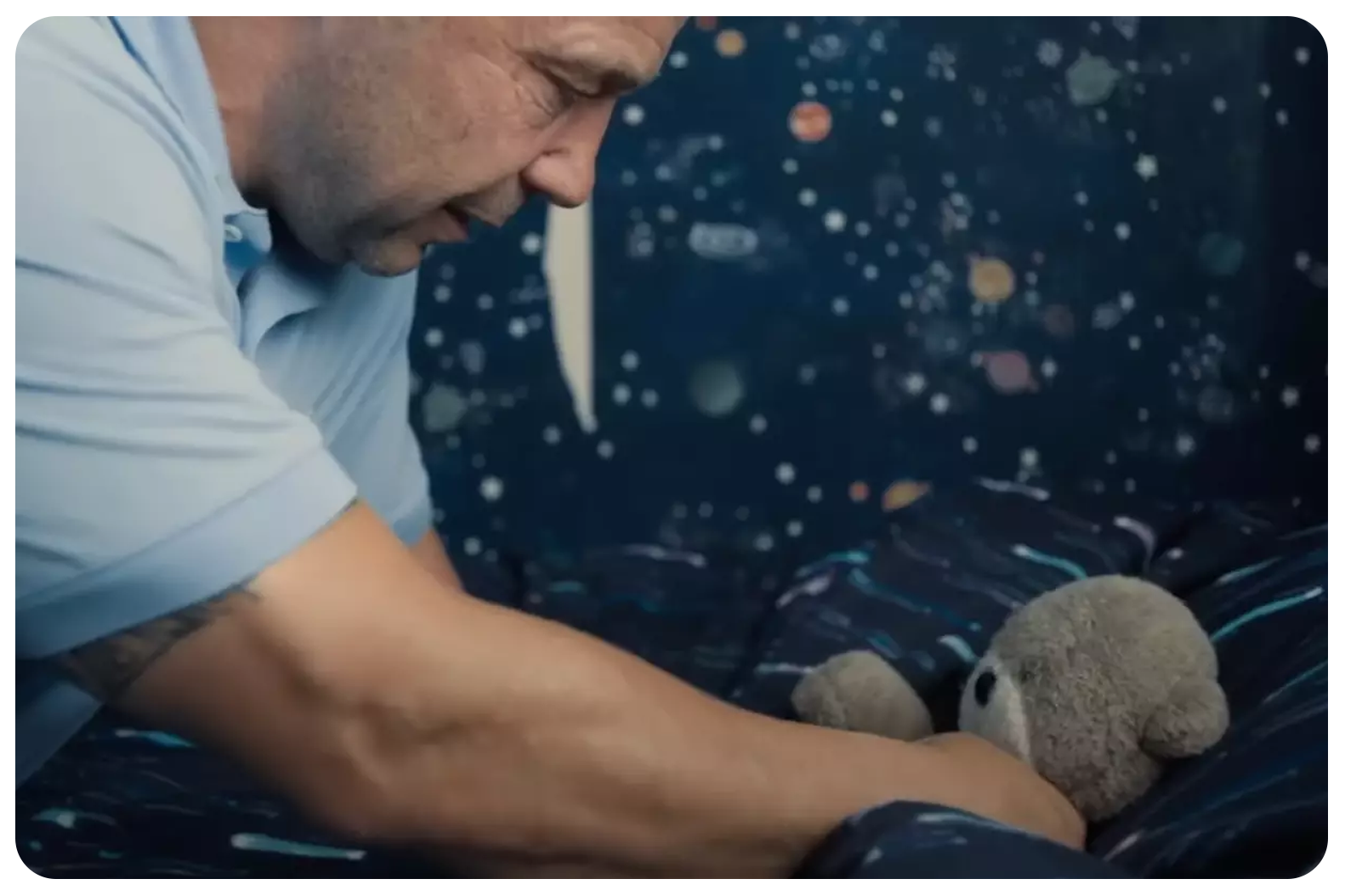
Let’s not kiss the teddybear.
While we have today, while we have young sons and guys who will listen to us – let us disciple them. Let us journey with them. Let us not shrink back from walking with them and declaring all that is good and noble to their ears so that they grow up to be men after God’s heart.
We have been sons, and so we must become fathers.
- Do you know what your children are doing online?
- What are some practical steps you can take to ensure you are consistently journeying with your kids and discipling them?
- Who’s a younger person God has placed in your life to whom you can be a shepherd?









